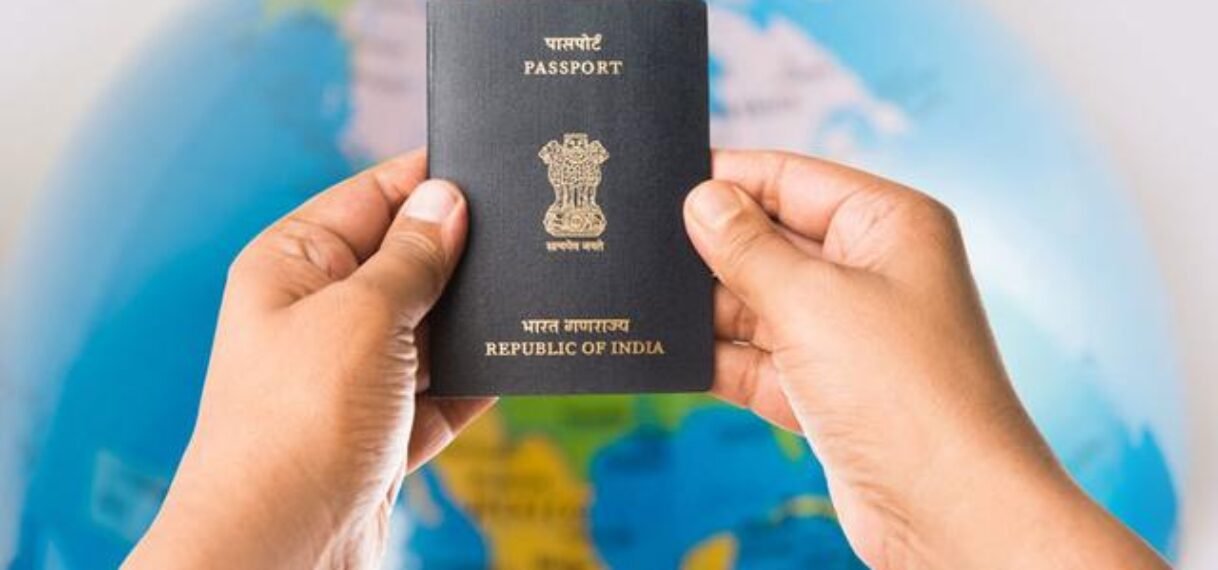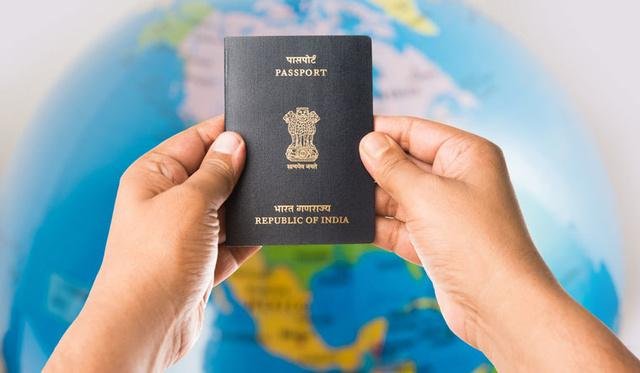Home-New Rules and Regulations

December 27, 2024
Canada continues to be one of the most popular destinations for international students, and Indian students are a significant part of this trend. The Canadian immigration process, particularly for students, has evolved over time, with new rules and regulations designed to address changing economic needs and global challenges. These updates have had a direct impact on Indian students aspiring to study in Canada. In this blog post, we will explore how the latest changes in Canada’s immigration system are affecting Indian students, focusing on key immigration pathways, post-graduation opportunities, and work permits.

The Post-Graduation Work Permit (PGWP) is a vital immigration option for Indian students who wish to gain work experience in Canada after completing their studies. Recent changes to PGWP regulations have had a significant impact on Indian students, particularly in the context of the COVID-19 pandemic and shifting education formats.
Impact of New PGWP Rules:
In recent years, study permit applications from Indian students have surged, resulting in longer processing times. The Canadian government has made adjustments to manage this growing demand while ensuring that only eligible candidates are granted a study permit.
Impact of Study Permit Changes:
Language proficiency remains a cornerstone of the Canadian immigration system, and Indian students are no exception. As Canada continues to attract more international students, there have been updates to the language proficiency requirements for study permits.
Impact of Language Proficiency Changes:
Canada’s immigration authorities have continued to focus on ensuring that international students have sufficient financial resources to cover tuition fees, living expenses, and other associated costs. This is especially important in the case of Indian students, many of whom rely on family sponsorship to meet the financial requirements for study permits.
Impact of Financial Proof Changes:
Canada continues to encourage international students to remain in the country after completing their studies through various immigration pathways. The changes in Canada’s immigration system have further streamlined the process for students who wish to transition from temporary residence to permanent residency.
Impact of New PR Pathways:
In addition to study permits, Canadian immigration laws allow students to work while studying, which is an attractive feature for Indian students. These rules have evolved to make it easier for students to balance academics and work.
Impact of Work While Studying Rules:
The COVID-19 pandemic has had a significant impact on the immigration process for international students, including those from India. While some temporary measures were introduced to help students adjust to the new reality, Canadian immigration policies are now transitioning back to pre-pandemic norms.
Impact of Post-Pandemic Changes:
Canada remains one of the top destinations for Indian students seeking world-class education and long-term immigration opportunities. While recent changes in immigration rules and regulations have created new challenges, they have also opened up new pathways for students who are prepared to meet the stricter criteria. By staying informed about the latest developments in Canada’s immigration system, Indian students can successfully navigate the application process and take full advantage of the many opportunities that Canada has to offer.
For Indian students looking to study in Canada, it is essential to stay updated with the latest immigration regulations, study permit guidelines, and post-graduation work permit policies to ensure a smooth transition to life in Canada.
89, Jyoti Nagar, 1st Floor
(Upstairs Neel’s Restaurant), Urban Estate Phase 2 Market, Near Subway, Jalandhar, Punjab, India
WORLD IMMIGRATION - Copyright 2023.| All Rights Reserved.
0 Comments
Your email address will not be published. Required fields are marked *